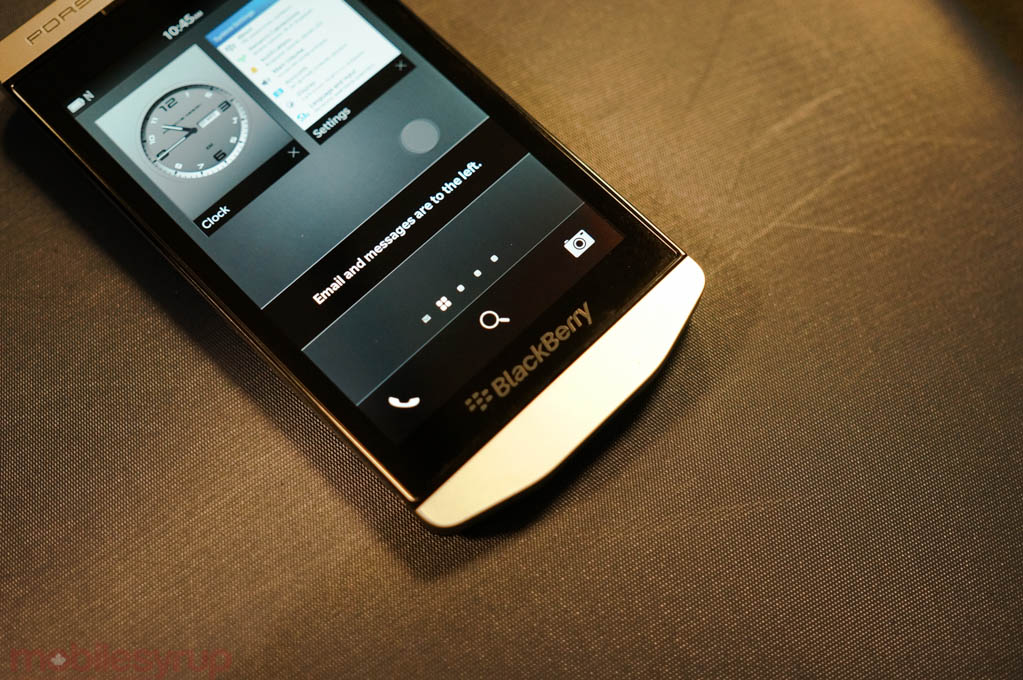
“This never would have happened under Steve Jobs.” We’ve heard it many times before, in response to any number of decisions made under the new billion dollar hero, Tim Cook.
Now, we can say the same of BlackBerry. “This never would have happened under Mike. No way under Jim.” But John Chen’s BlackBerry is deliberately, unabashedly not the BlackBerry of yore. It can’t be; that BlackBerry is long dead, trampled under the hooves of a million retreating calvary.
This week, BlackBerry announced that it would allow its devices to be controlled by other enterprise companies. This means that competitors in the MDM market — that same space BlackBerry is trying to wrest back control from these same companies — will be able to manage BlackBerry 10 devices.
Citrix, AirWatch and IBM are three of what BlackBerry hopes are the first of many companies that “express their intent” to create “a more open mobility ecosystem.” In truth, BlackBerry had no choice: it wants to be on both sides of the equation, and can no longer take for granted that every Fortune 500 issuing devices to its employees will have a BES machine in its server room.
“A broader enterprise mobility strategy” is another way of saying that while BlackBerry tries to regain its share of the mobile management market with its critically flawed BES 10, which will be replaced by BES 12 later this year, it must concede partial control to other market players.
Citrix and AirWatch are both huge players in the Enterprise Mobility Management (EMM) space, and because they were controlling iOS and Android devices remotely before BlackBerry was, many larger companies transitioned over to those more flexible solutions, leaving BlackBerry device users in the wind.
So while this news is good, it indicates a continuing flattening of the EMM marketplace, where every company will control every device. Interoperability is a good thing: it leads to less confusion, more choice and, ultimately, lower costs. AirWatch, Citrix and IBM win because they get to say they control every smartphone out there, and BlackBerry wins because its users aren’t forced to switch to an iPhone.
[source]MarketWired[/source]
MobileSyrup may earn a commission from purchases made via our links, which helps fund the journalism we provide free on our website. These links do not influence our editorial content. Support us here.


